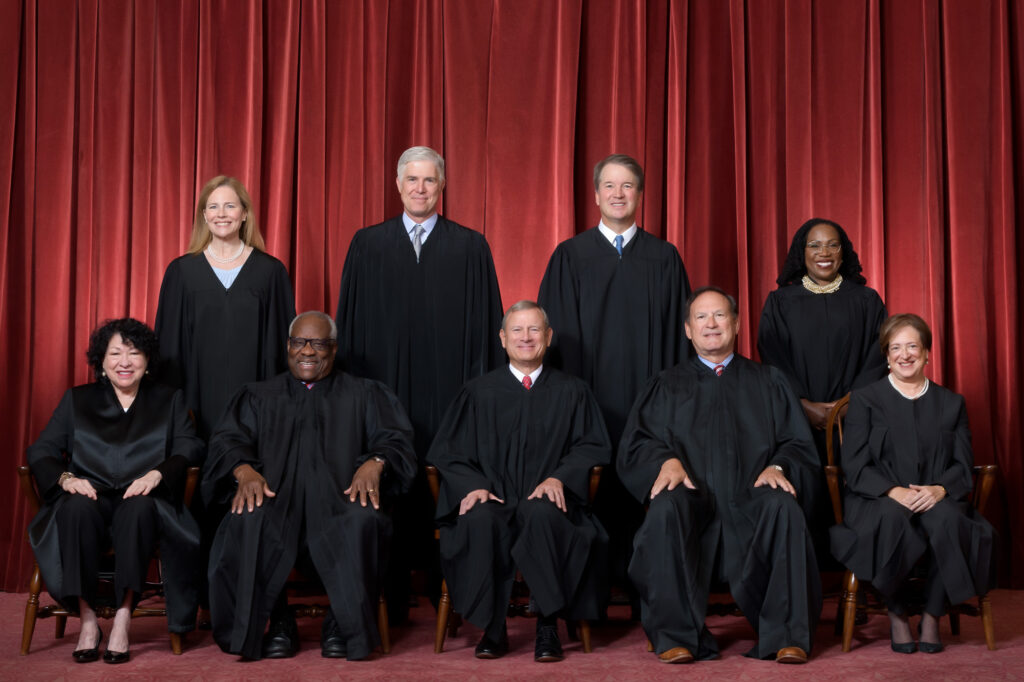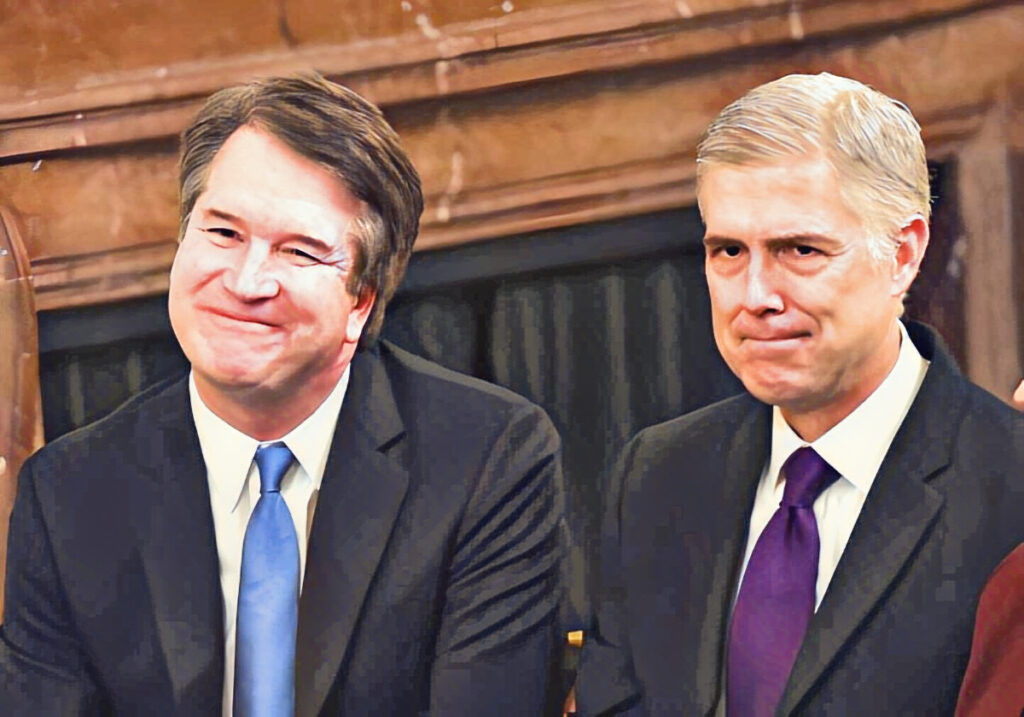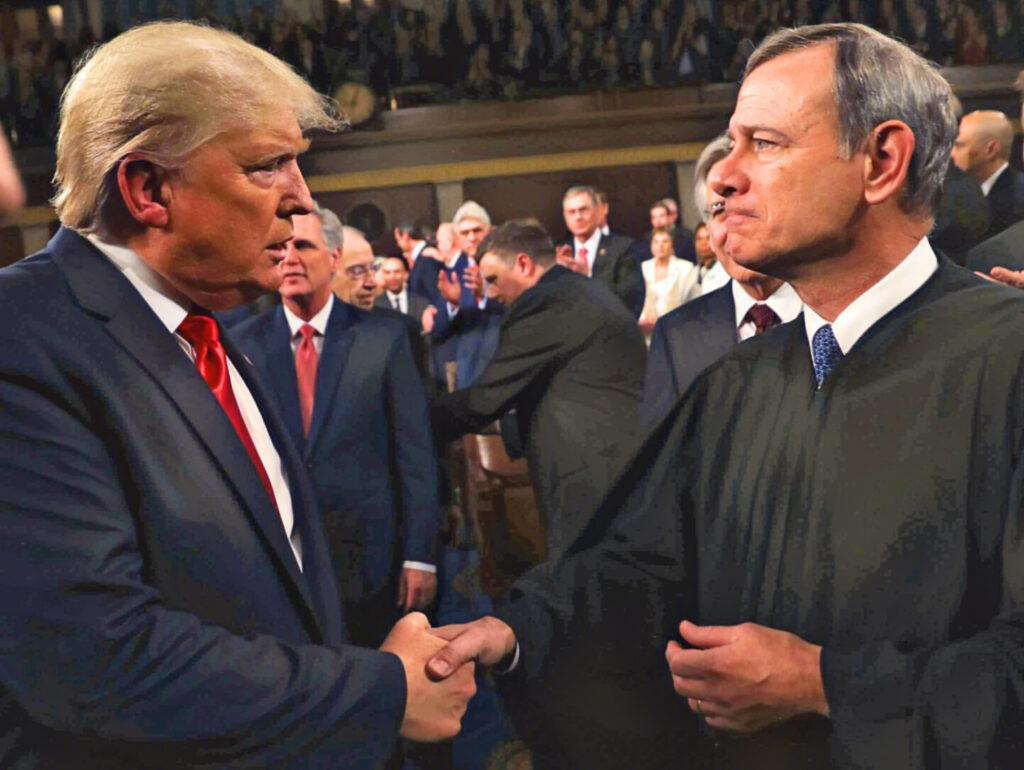Supreme Court Tribal Ruling Forces Feds to Cover Healthcare Costs
By Richard Luthmann
In a landmark decision on June 6, a U.S. Supreme Court tribal ruling came down 5-4 that the federal government must cover the overhead costs Indian tribes incur in operating their healthcare programs.

The Supreme Court tribal healthcare ruling, in Becerra v. San Carlos Apache Tribe and Becerra v. Northern Arapaho Tribe, marks a victory for Native American rights. Chief Justice John Roberts and Justice Neil Gorsuch joined the liberal justices in the majority.
This decision is a milestone in the struggle for Native American rights and self-determination. It ensures tribes have the resources to provide healthcare without facing financial penalties. This ruling offers a foundation for future efforts to achieve greater autonomy.
Mandate for Federal Reimbursement
The decision mandates that the U.S. government pay overhead costs for tribal healthcare services. The Indian Self-Determination and Education Assistance Act (ISDA) requires the Indian Health Service (IHS) to reimburse tribes for administrative expenses.
Chief Justice Roberts wrote the majority opinion, joined by Justices Sotomayor, Kagan, Jackson, and Gorsuch. “The government’s failure to cover contract support costs for healthcare funded by program income penalizes tribes for opting for self-determination,” the opinion states. “Congress designed the statute to avoid such a counterproductive result.”
The Tribes and Their Claims
The San Carlos Apache Tribe of Arizona and the Northern Arapaho Tribe of Wyoming argued that IHS failed to pay their contract support costs. The tribes collect revenue from third-party payors, including Medicare and private insurers, to fund their contracts.
The ruling affirms decisions by the Ninth and Tenth Circuit Courts of Appeals, which found the tribes were entitled to reimbursement. In 2021, the Ninth Circuit stated, “We cannot conclude that §5325(a) excludes third-party-revenue-funded portions of the Tribe’s healthcare program from contract-support-cost reimbursement.”
A Sharp Dissent

In dissent, Justice Brett Kavanaugh, joined by Justices Clarence Thomas, Samuel Alito, and Amy Coney Barrett, argued the ruling disrupts a long-standing understanding. “For 30 years, the executive branch has interpreted the law to require tribes to pay overhead costs from third-party income,” Kavanaugh wrote. “Congress never overturned that practice.”
Kavanaugh estimated that covering these expenses could cost the federal government $2 billion annually. He stressed that this decision should be left to Congress and the President, not the courts.
Background on ISDA
The ISDA, enacted in 1975, promotes Native American participation in federal programs. It allows tribes to enter “self-determination contracts” with federal agencies. The law requires tribes to receive funding comparable to what the government would spend on the programs, plus additional funds for contract support costs.
These costs include expenses the tribes incur, such as state workers’ compensation and administrative functions. IHS and tribes have contracts under which tribes receive federal funding to operate programs.
Tribal Argument and Federal Opposition
The tribes argued that IHS should cover contract support costs for services funded by third-party income. They claimed failure to do so penalized them for pursuing self-determination. The federal government contended it was not responsible for these expenses, estimating the cost could reach up to $2 billion annually.
The Supreme Court sided with the tribes. Justice Gorsuch, known for his strong stance on Native American rights, supported the majority’s interpretation of ISDA.
“Contract support costs are necessary to prevent a funding gap between tribes and IHS,” the opinion reads. “If IHS does not cover these costs, the tribe faces a systemic funding shortfall relative to IHS—a penalty for pursuing self-determination.”
Implications of the Ruling
This ruling supports tribal self-determination and ensures tribes are not financially disadvantaged in controlling their healthcare services. The decision shows a significant shift, with two conservative justices joining the liberal wing to uphold Native American rights under federal law.
The ruling clarifies that when tribes manage their healthcare programs, the government must provide adequate financial support. This includes covering costs funded by third-party income.
Looking Forward

In the wake of this ruling, tribes may assert their rights under ISDA and other federal laws. Advocates are already calling the decision a step forward in the effort to ensure justice and equity for Native American tribes.
Chief Justice Roberts and Justice Gorsuch’s alignment with the liberal justices highlights the Supreme Court’s evolving dynamics. This decision will likely influence future legal battles and policy decisions regarding tribal sovereignty.

![SCOTUS Associate Justices Brett Kavanaugh [L] and Neil Gorsuch [R]](https://flgulfnews.com/wp-content/uploads/2024/06/gettyimages-1062366178_custom-edcb1c7f27af5aa7aa01f5509e750bde1fedc10a-fotor-20240607175455.jpg)
Leave a Reply